"Ramadan in Egypt is different from any other country"... an expected answer of any visitor to Egypt in this holy month. All of his rites are a legitimate legacy of every civilization witnessed by the Nile Valley what give this month a special flavor differs from the rest of the Islamic countries".
Lanterns and Ramadan ornaments, fast breaking cannon, Al Rahman tables and the special desserts of the month , Al Naqshbandi 's voice pleases us during the hour of the fast breaking and many other rituals that first appeared in Egypt before spreading all over the Arab world and even Islamic world.Although in Egypt they differ from any spot in the world.
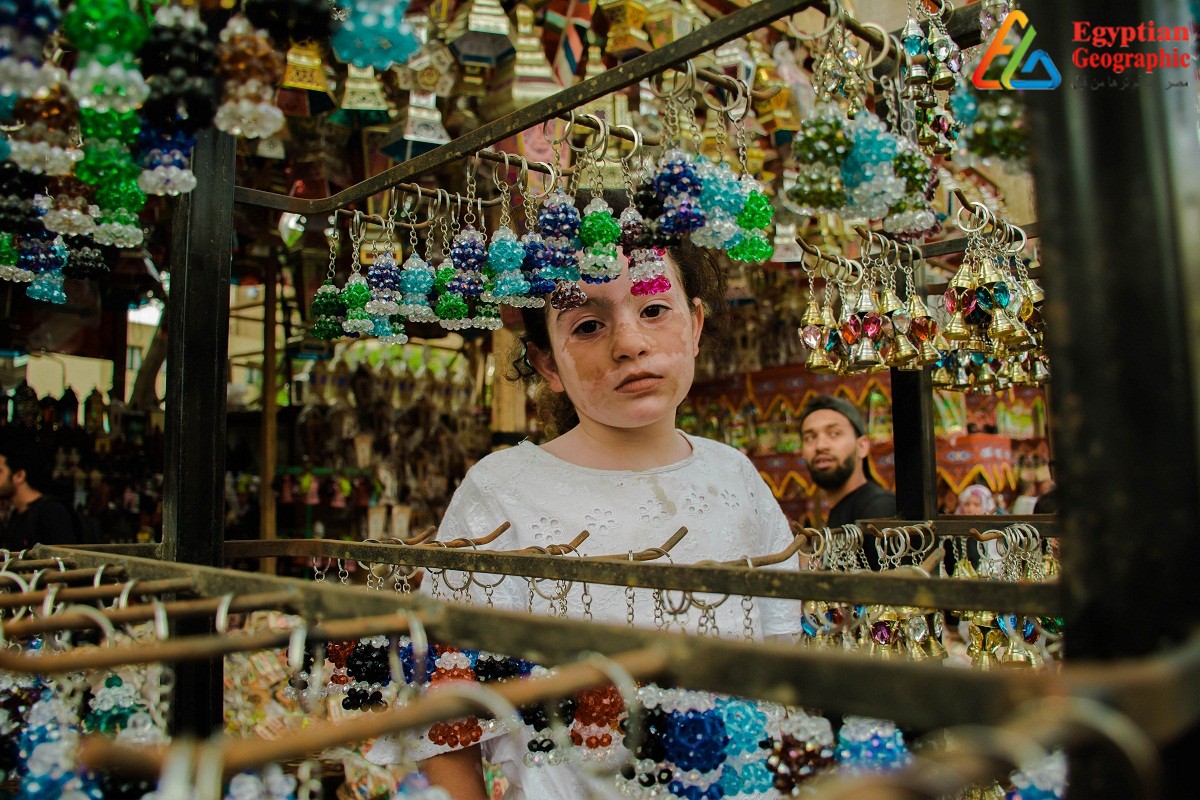
The breezes of Ramadan begin in the middle of Shaaban. Any visitor can observe the Egyptian celebrations and preparations to receive this month, therefore children and old people adorn streets, shops, and homes, expressing their readiness for Ramadan, Seasonal vendors begin to build their trade sites ,the streets are filled with eastern dessert sellers, and different colorful pickles, as well as the shops and booths selling popular Ramadan drinks that the egyptians love.
Ramadan ornament
In every street, every lane, every neighborhood, every village, rich or poor. An Egyptian custom turned into a popular heritage for all classes and sects in Egypt . Once Ramadan begins , people hurry to prepare their street ornaments . Those ornaments that began in the early days of Al Fatimid era, and were used for religious ceremonies called Al Wakoud nights which are the four Islamic religious nights,the first night and the night of half the months of Rajab and Shaaban. Mosques were lit with lanterns, food, candy, and incense increased profusely.
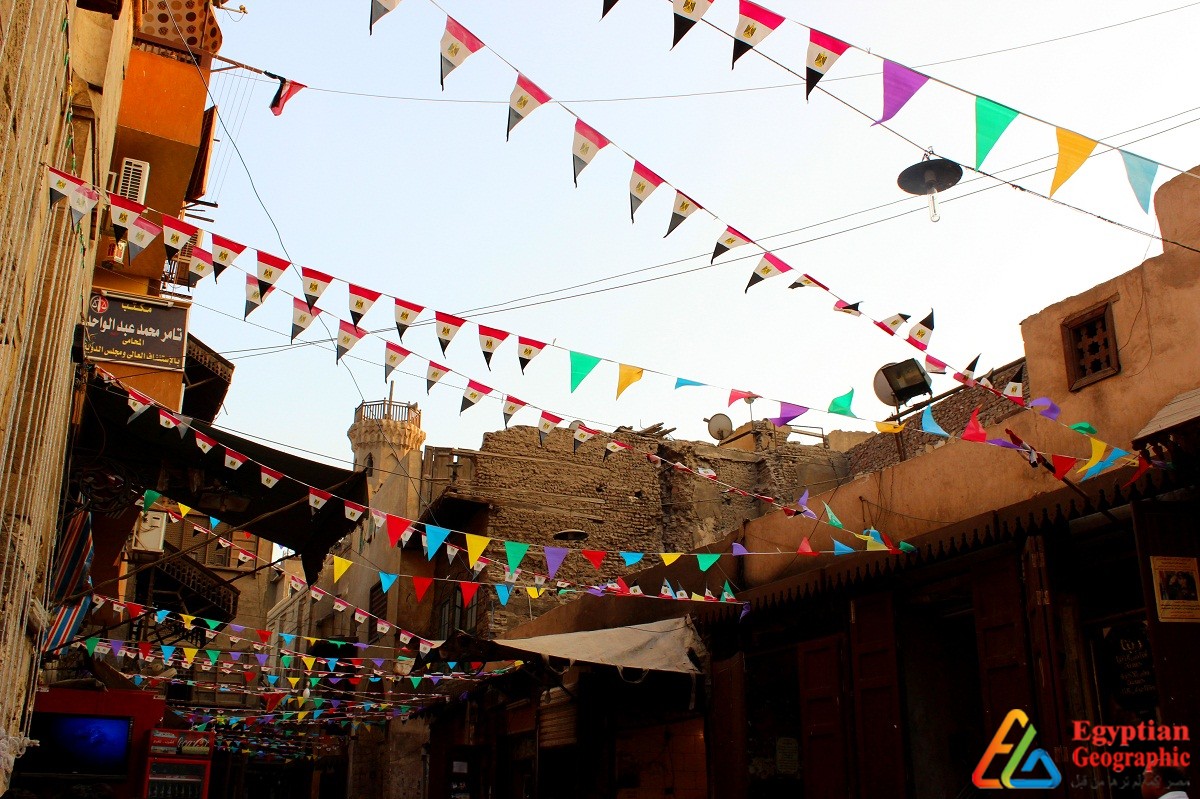
"Patron of street affairs" ..a name was called on the responsible for Cairo streets in the Fatimid era that is equivalent to the Minister of Local Development today . Afew days before Ramadan, he used to order all the shops owners to clean the streets every night after Maghrib prayer, put lamps and lanterns in front of their shops, as well as decorating the streets,as people of Mahrousa used to get out of their homes after fast breaking to enjoy the chanters inside Ramadan tents that cafes prepared.
Ramadan lantern
As soon as the holy month comes, the city wears a new gown of these colored lanterns. In the middle of the month of Shaaban. Their makers go to their workshops and start making Ramadan lanterns,those lanterns that the Egyptians received Al Moez Le Deen Allah with in the fifth day of Ramadan in 358 of the Hegira.
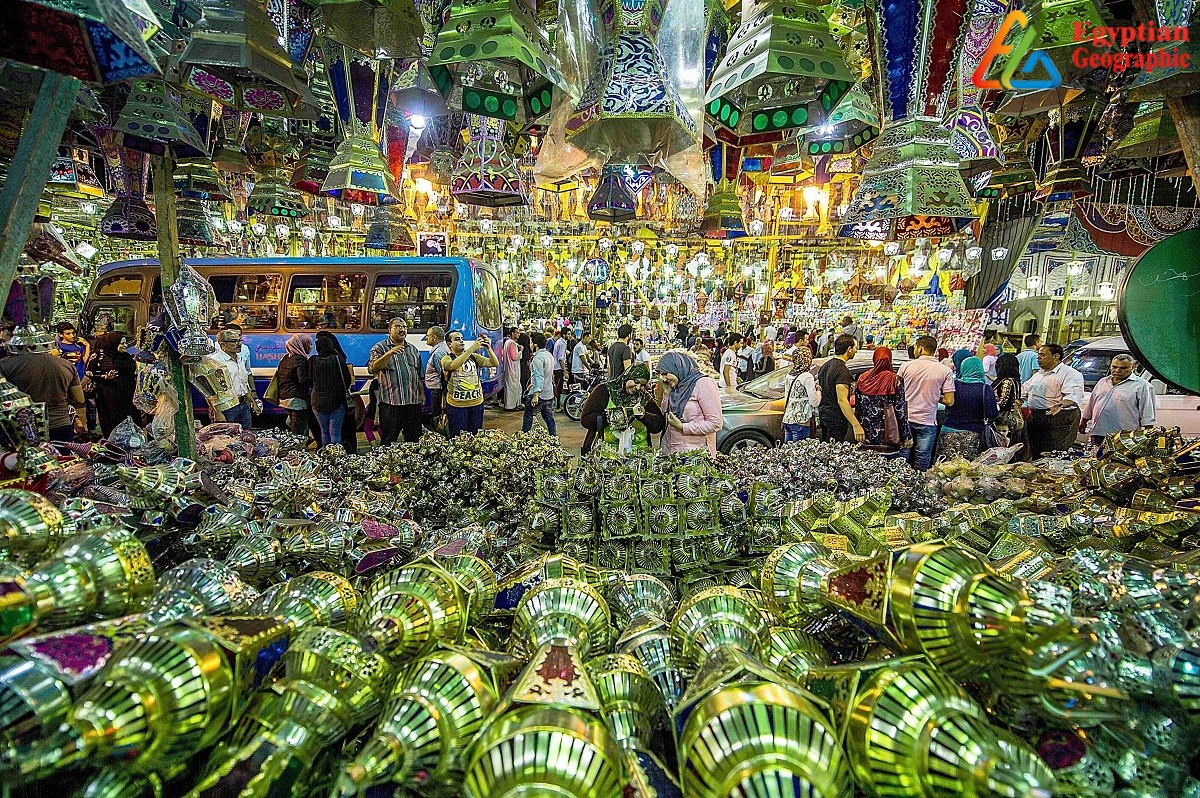
For more than a thousand years, the lantern remains a symbol of the month of Ramadan in Egypt,this tradition has passed from generation to generation, and even today children and young people carry their lanterns through the month of Ramadan and get out of homes to the street chanting some of folklore songs of Ramadan.
El Misahharati
"He is someone who plays on a small drum, while wandering the streets for one or two hours before dawn, to wake people up so they can eat for the last time before they start fasting..he's usually chanting or calling the neighbor's name.." . El Mesaharati is derived from the word sohour which is " the last meal before daybreak".
This iob began with the beginning of Islamic history, and Bilal bin Rabah, the first muezzin in Islam, used to come out before dawn prayer with Ibn Om kalthom to wake people up. The first was roaming the streets and roads during the month of Ramadan calling people to eat sohour, while the second calls so that people refrain from eating.
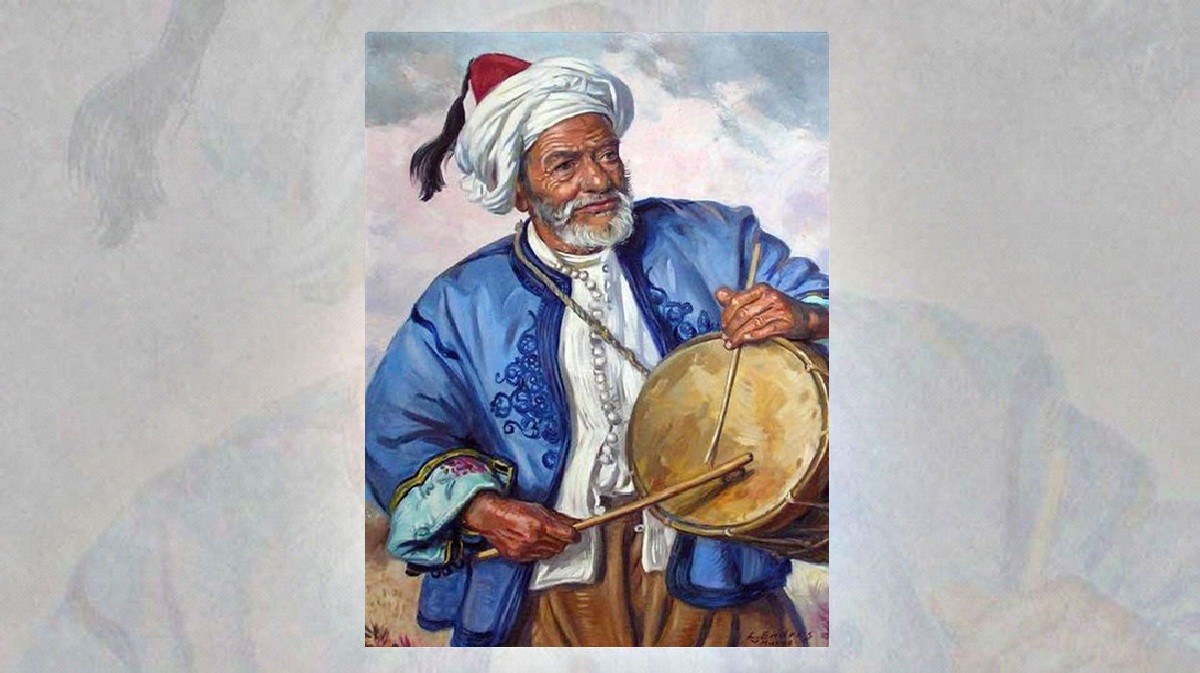
El Mesaharati story started in Egypt about 12 centuries ago,specifically in 853 AD. The mission of Al Mesaharati has been transferred to Egypt and the Abbasid governor of Egypt " Ishaq Ibn Aqaba" was the first to roam in Cairo streets at night in Ramadan to wake people up. He was walking on foot from the military city in Fustat, to Amr Ibn Al-Aas mosque, calling people to have Al sohour.
About a thousand years ago, during the era of the Fatimiyah state, the governor ordered people to sleep early and soldiers would walk by and knock on their doors to awaken muslims for Al sohour until a man was appointed to do that mission and called him El Misahharati who was knocking on the doors with a stick that he carries, saying " people of God, wake up and have your meal before daybreak".
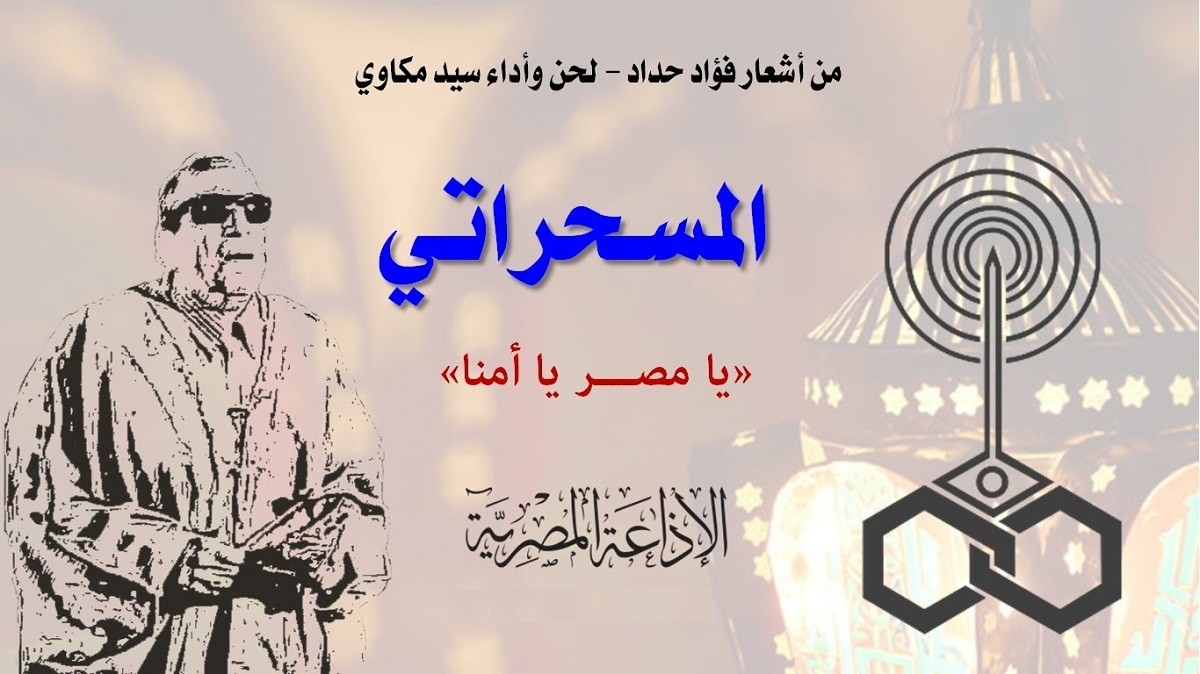
"Ibn Noqta" was Al El Misahharati of Sultan Al-Naser Muhammad Ibn Qalawun . He evolved the profession of Mesaharati by using the drum which was regularly hit instead of using the stick, this small drum was called "Baza". The profession evolved, and Al Mesaharati began to say popular poetry, stories of epics for this special occasion.

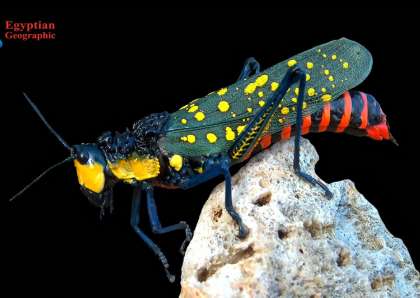

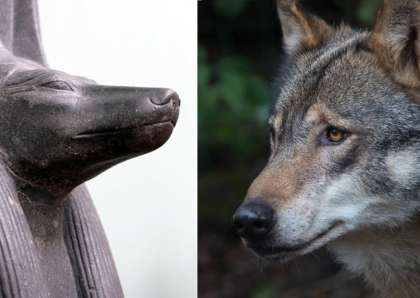
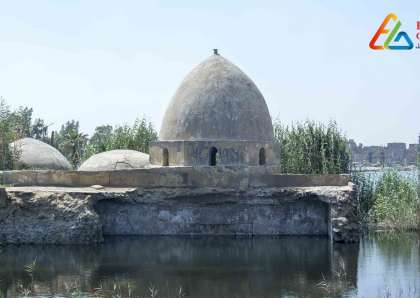
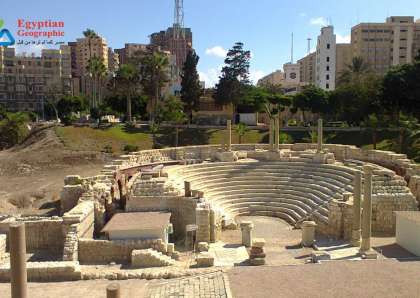
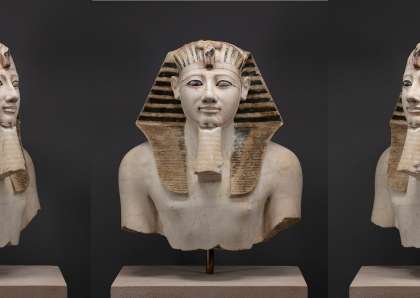
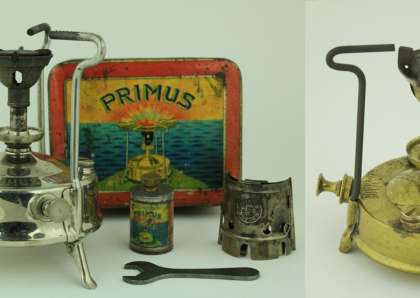
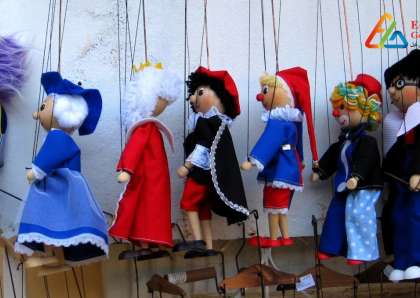
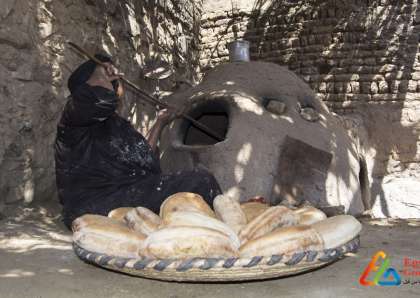
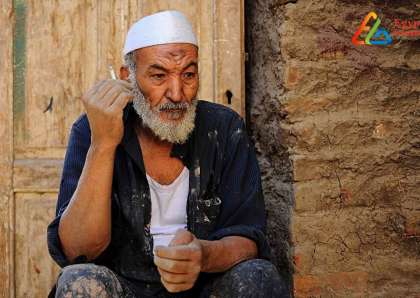
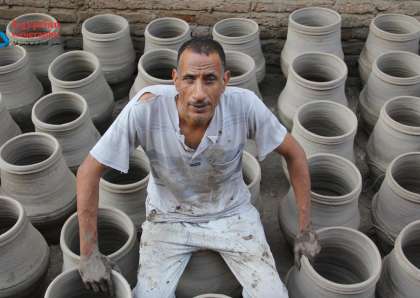
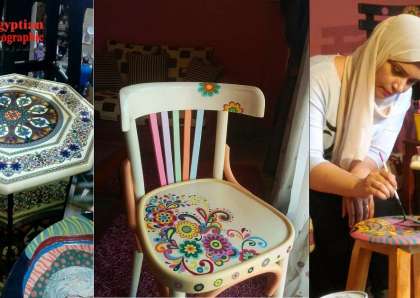
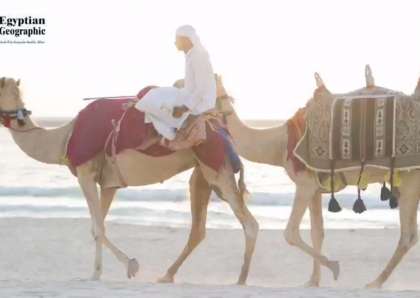
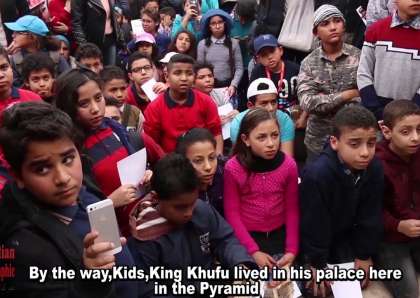

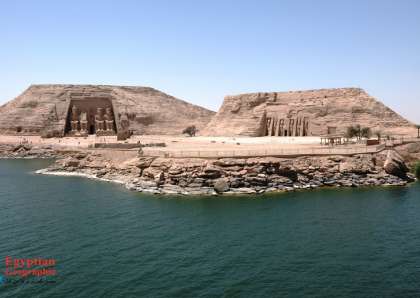
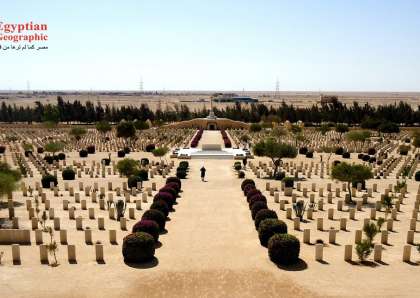
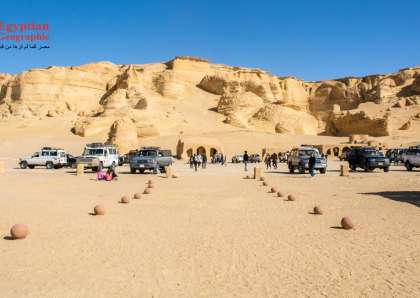
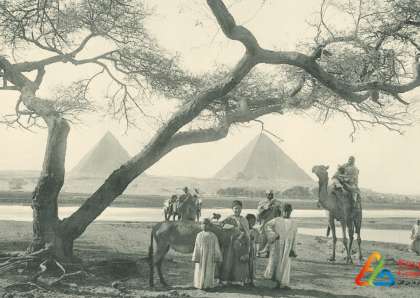
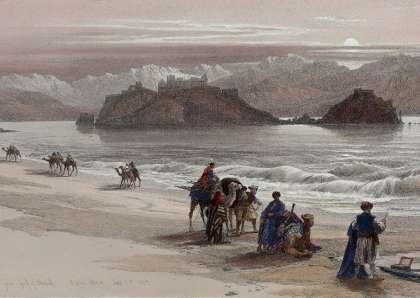
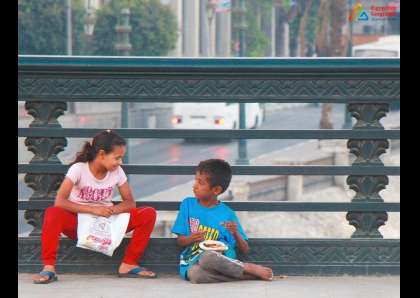
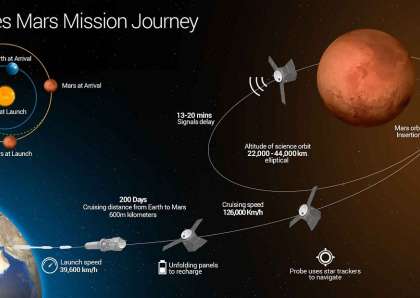
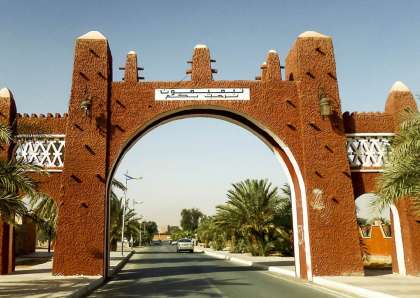
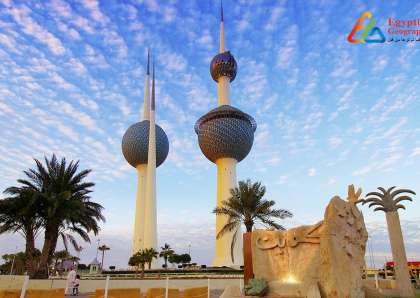



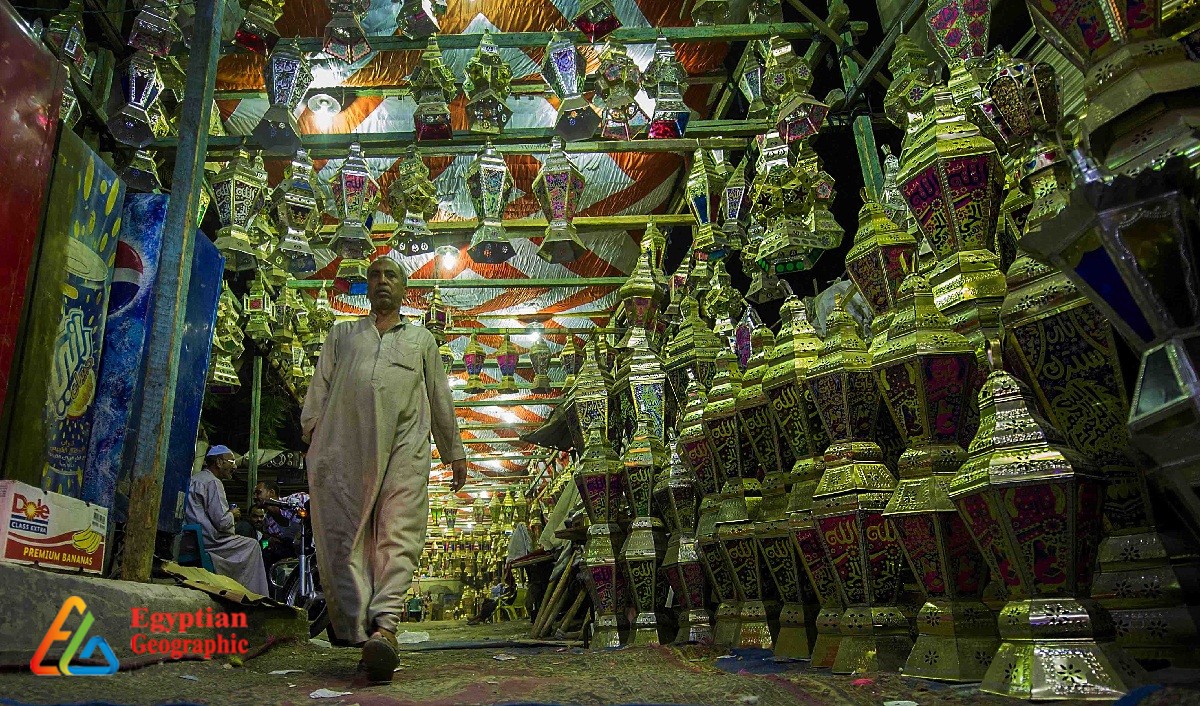





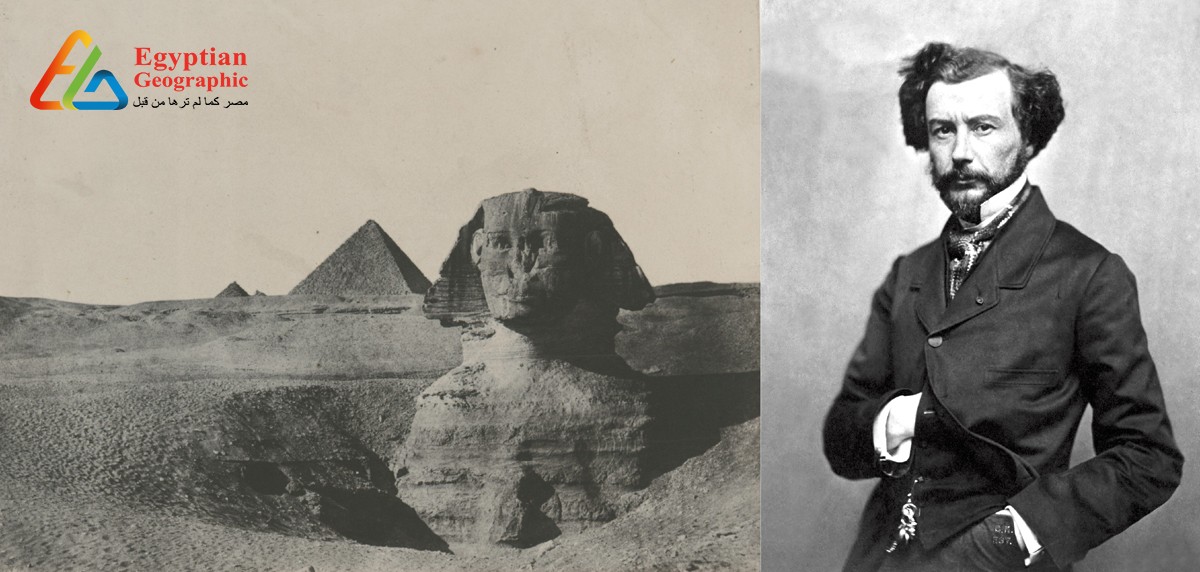
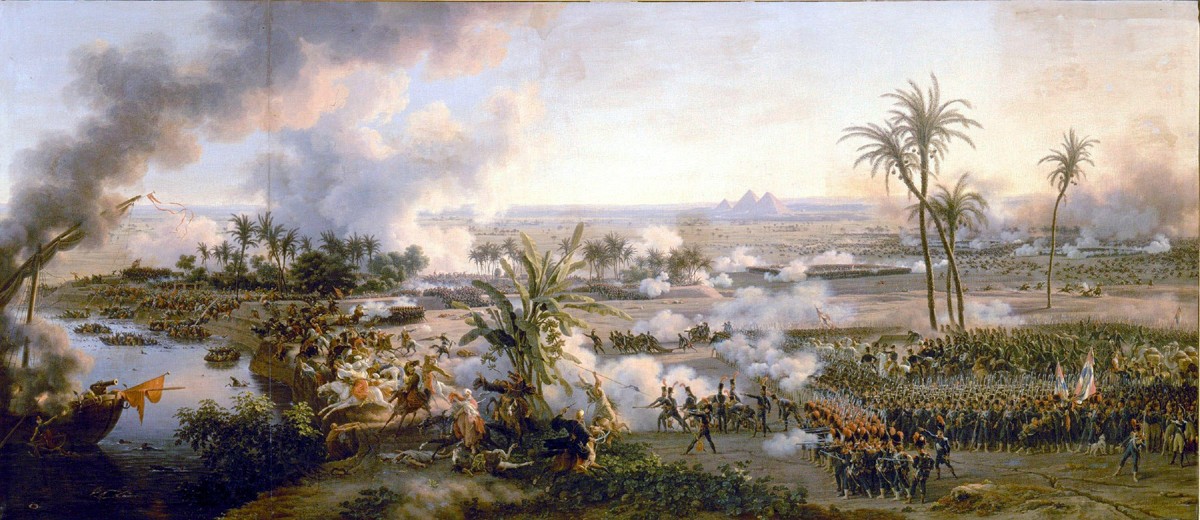


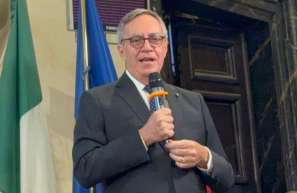
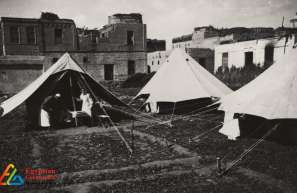
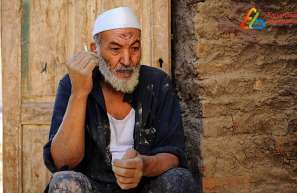
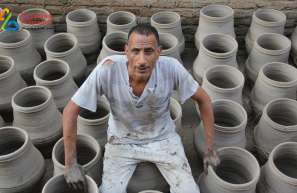

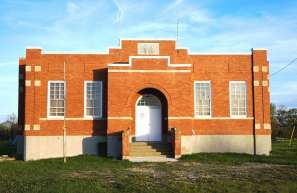
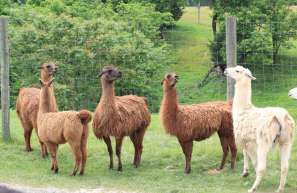

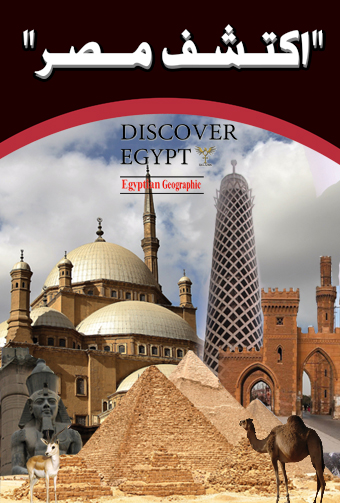
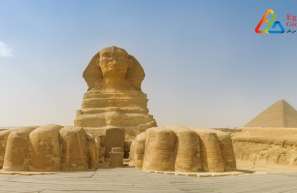


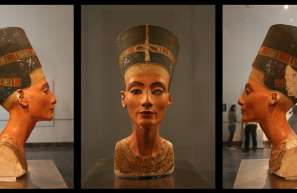

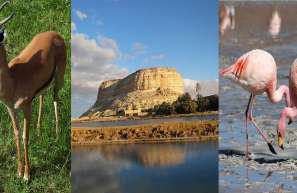
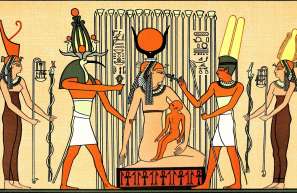
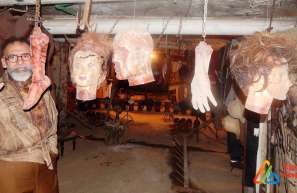

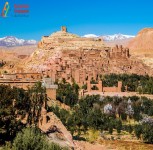


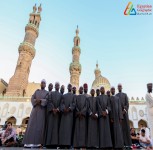
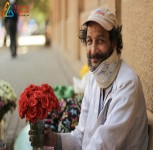
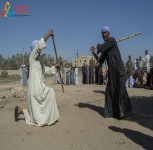
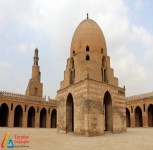
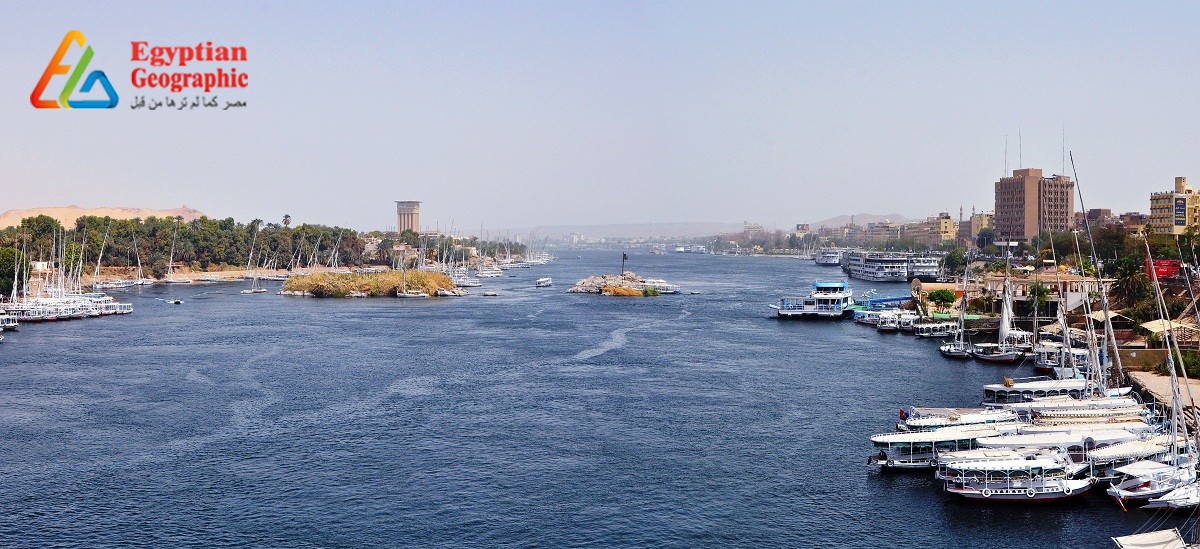
Egyptian Site & magazine